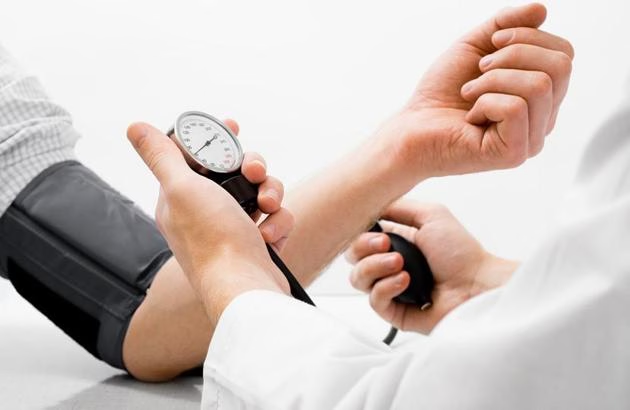High blood pressure, often dubbed the “silent killer,” can lurk undetected for years, putting your health at risk. But you’re not powerless! By understanding the symptoms and taking action, you can prevent a stroke or other serious complications.
The Dangers of High Blood Pressure
High blood pressure (hypertension) forces your heart to work harder to pump blood throughout your body. Over time, this strain can damage your arteries and vital organs, increasing your risk of:
- Stroke: A stroke occurs when a blood clot blocks blood flow to the brain, causing brain damage and disability.
- Heart Attack: High blood pressure can weaken your heart muscle, making it more susceptible to a heart attack.
- Kidney Disease: Uncontrolled hypertension can damage your kidneys, leading to kidney failure.
Symptoms to Watch For
Many people with high blood pressure experience no noticeable symptoms. However, some individuals may exhibit these warning signs:
- Headaches: Frequent or severe headaches can be a red flag for high blood pressure.
- Dizziness: Feeling lightheaded or dizzy, especially upon standing up, could indicate blood pressure issues.
- Ear Noise: A pulsating or whooshing sound in your ears (tinnitus) can be a sign of elevated blood pressure.
- Nosebleeds: While occasional nosebleeds are common, frequent ones could be linked to high blood pressure.
It’s Not Just Headaches: Additional Signs
While headaches are a common symptom, high blood pressure can manifest in other ways:
- Vision Changes: Blurred vision or spots in your vision can be a warning sign.
- Fatigue: Feeling unusually tired or low on energy could be related to high blood pressure.
- Chest Pain: Tightness or pain in your chest can be a symptom of high blood pressure or another serious condition. If you experience chest pain, seek immediate medical attention.
Don’t Ignore the Signs: Take Action
High blood pressure is a serious health concern, but the good news is it’s often treatable. Here’s what you can do:
- Schedule a Checkup: Visit your doctor to measure your blood pressure and discuss your risk factors.
- Lifestyle Changes: Maintain a healthy weight, exercise regularly, reduce your salt intake, and manage stress.
- Medication: If lifestyle changes aren’t enough, your doctor may prescribe medication to control your blood pressure.
Embrace a Healthy Lifestyle for a Healthy Heart
By understanding the signs of high blood pressure and taking proactive steps, you can protect your health and live a long, fulfilling life. Remember, knowledge is power. Don’t let the silent killer take you by surprise. Schedule a doctor’s appointment today and take control of your heart health!
